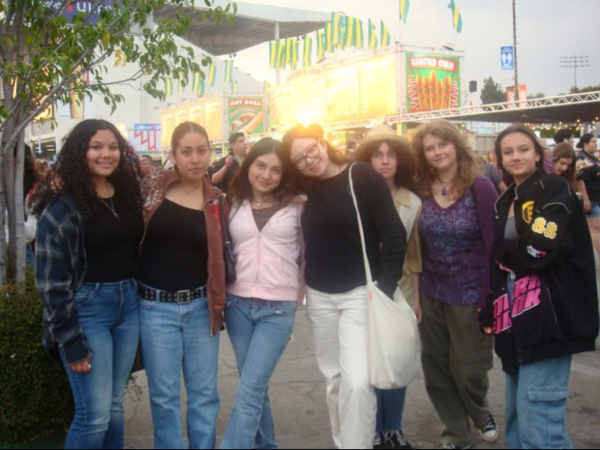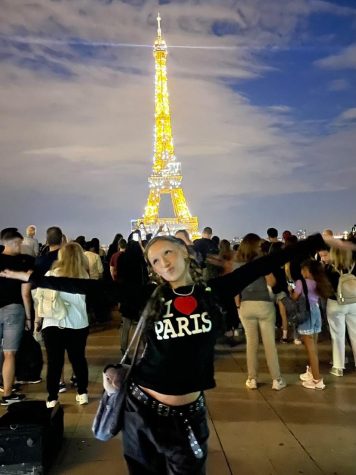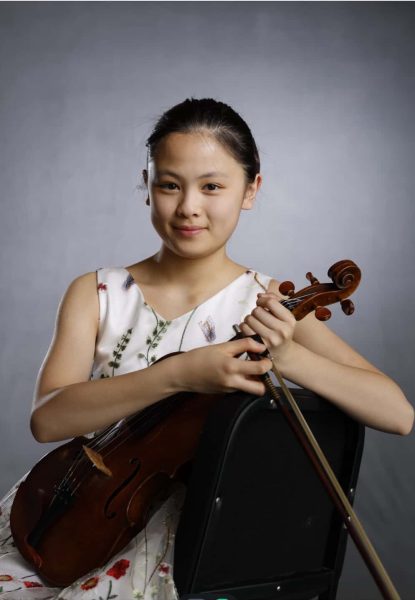ChatGPT: The Rise of Artificial Intelligence
ChatGPT is a cutting-edge language model developed by OpenAI. It has the ability to generate human-like text, making it a powerful tool for a variety of applications such as language translation, chatbots, and text summarization. With its advanced natural language processing capabilities, ChatGPT has the potential to revolutionize the way humans interact with computers and machines. In this article, we will explore the technology behind ChatGPT, its current capabilities and its potential future applications.
This introductory paragraph was actually written by ChatGPT, after simply being asked to “write an introductory paragraph to an article about ChatGPT.” Amazing, right? As stated previously, ChatGPT is a chatbot developed by the company OpenAI that is able to pull information from the internet and generate anything from a university level essay to a baroque style poem about chicken nuggets. The baseline model of chatbots analyzes word sequences and patterns from the internet to generate text. For example, if given the word sequence, “the cat is sitting on the ___,” the bot might predict “mat, carpet,” or “floor.” The developers then fine-tune the model to produce better sounding text. ChatGPT is different from previous chatbots in that it is able to remember information from earlier in the thread, which greatly improves its functionality in conversations.
ChatGPT has been trending on social media recently. It has been popular especially among students, for obvious reasons, and its ability to replicate human-like text has been alarming many teachers and schools. Carolyn Lee is among those teachers.
“I think it is bad for the future of education because one of the things I push as an educator is for my students to be proud of the work they do in class, and how can you be proud of anything you do if you don’t do it yourself?” Lee said, “Schools should put out something that will limit the use of ChatGPT because it’s a shortcut. You are basically saying ‘hey write me an essay about this’ and it will write the essay for you and that in itself is academically dishonest.”
The chatbot is not as helpful in STEM subjects such as chemistry and calculus, as it struggles with analyzing data. However, in other courses such as English and history, the bot could save students hours of time and effort while producing amazing results. There may be sites in the future that could possibly distinguish AI written text from human written text, but as AI develops they will become increasingly more indistinguishable. The bots will become more efficient and be able to produce more variety in their responses.
However, if AI in the future can be harnessed for the benefit of higher education, then education systems will be able to advance along with AI. CHS history teacher Robert Thomas is optimistic about this route.
“The optimist in me believes that people will use ChatGPT to help them conceptualize and create ideas, not to cheat. The realist in me knows that there are people who will run the risk of getting caught and use it as a last-minute option on assignment.” Thomas said “Nevertheless, I’m actually excited for the idea of using it in class to teach my students about a certain topic, like critiquing an essay it writes about a historical topic, and whether the points it uses are valid or not.”
In the future, if the use of ChatGPT for cheating is limited, schools and students could use the chatbot to produce personalized feedback for essays, generate practice problems for upcoming exams or quizzes, or even consolidate information from online sources about a certain topic for research. The possibility of AI in the future of education is unlimited.
ChatGPT may not be a perfect tool as it stands, but it definitely shows a “sneak peak” at what the future of AI holds.
Hello there! Our goal is to provide relavent, engaging journalism for readers of all ages. Your donation will support the student journalists of the Wolfpacket at Claremont High School, and will allow us to purchase equipment, print our monthly issues, and enter in journalism competitions. We appreciate your consideration!
Kyle Chen is a senior at Claremont and is the assistant Arts and Entertainment editor. He has a passion for STEM and a particular interest in physics regarding...

Jack Warren is editor-in-chief of The Wolfpacket and a senior at CHS. As an avid rock climber, he can be found at the Upland Hanger around three times...









